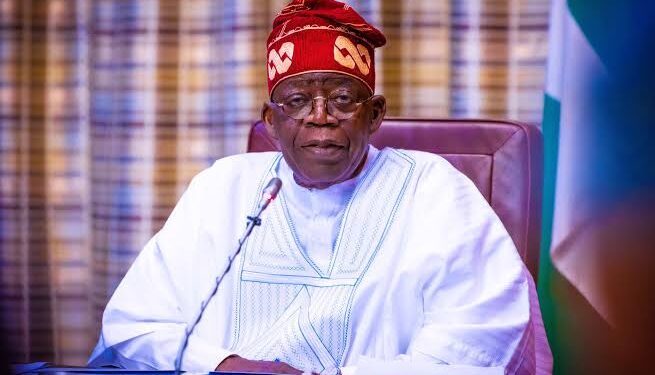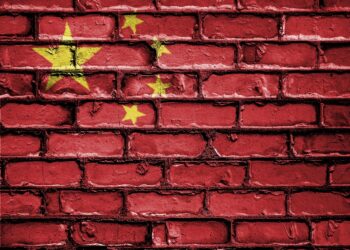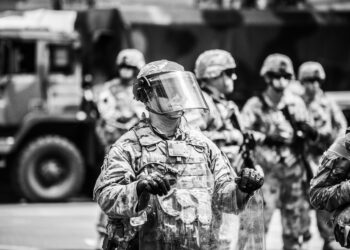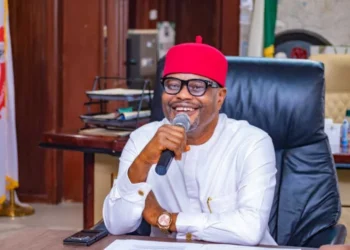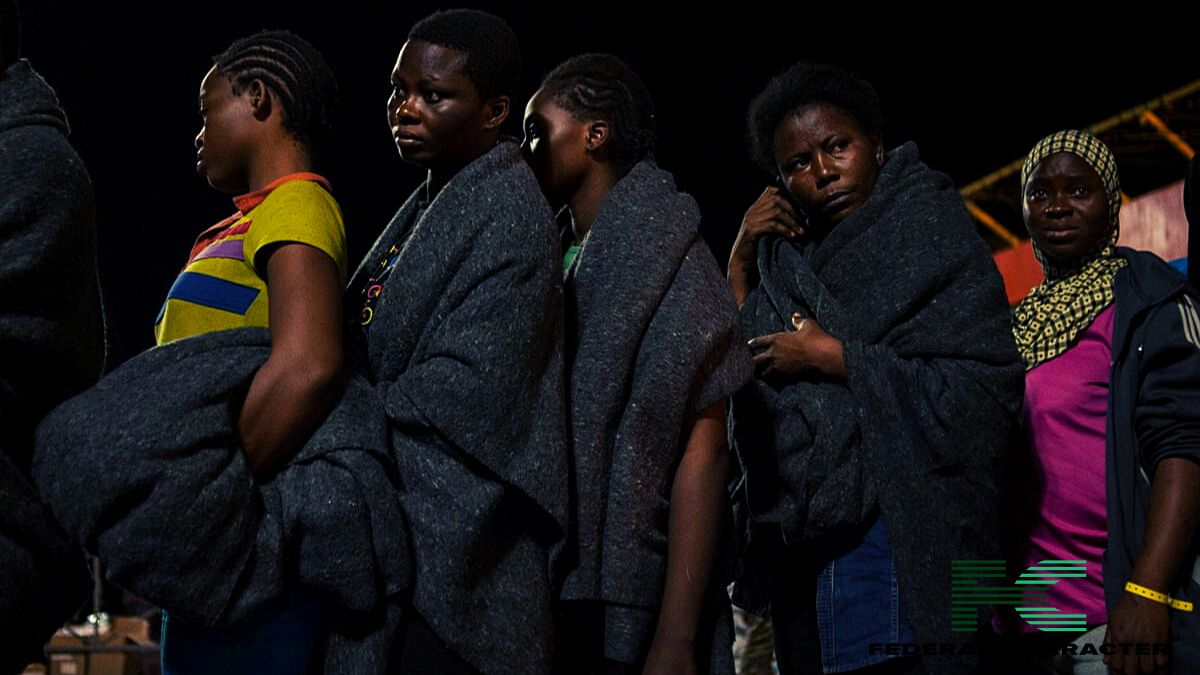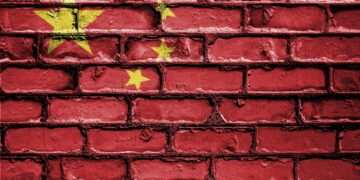President Bola Tinubu, after what seemed like an eternity of public outrage, has finally addressed the evil in the room, the astronomical increase in the price of Premium Motor Spirit (PMS), also known as petrol. And, surprise, surprise, it’s all for Nigeria’s “economic growth.” At least, that’s what he’s telling Nigerians living in China.
What They Are saying
In a tone that reeks of a ‘this-is-good-for-you’ narrative, Tinubu made it clear that the price hike and other equally painful reforms are part of a grand strategy to lead Nigeria to economic prosperity. Or, as the presidential spokesman, Ajuri Ngelale, put it: “Nigeria is going through reforms, and we are taking very bold and unprecedented decisions.” Bold? Sure. Unprecedented? No doubt. Painful? Absolutely.
For those still confused over the sudden fuel price surge, the President’s explanation was as blunt as it gets:
“What is the critical part to get us there if we cannot take hard decisions to pave the way for a country that is blessed and so talented?” In other words, you’ve got to suffer now to live better later. But isn’t that
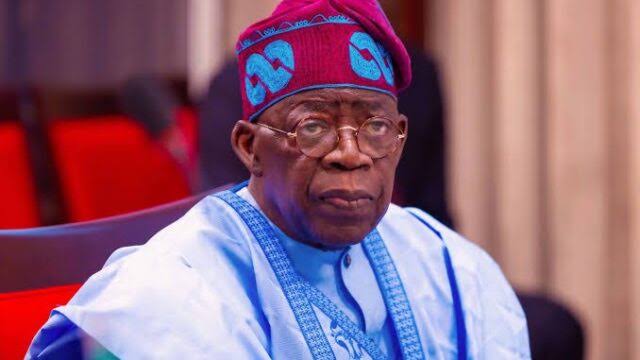
Why It Matters
As if the hike itself wasn’t enough of a blow, on Tuesday, the Nigerian National Petroleum Company Limited (NNPCL) decided to up the ante by raising the pump price of petrol to a ridiculous N855 per liter at its retail outlets. This, of course, sent Nigerians into a frenzy, with long queues snaking around filling stations across the country. And who can blame them? It’s not every day you wake up to find that even getting to work now costs a small fortune.
But the President, addressing the issue from the comfort of a well-organized Beijing meeting, stood by the decision. Apparently, these “hard decisions” are non-negotiable if Nigeria ever wants to catch up with the infrastructural marvel that is China. He talked about constant electricity, clean water, good roads, and quality schools. You know, all the things Nigerians have been asking for since, well, forever.
Of course, many Nigerians and interest groups are not buying it. Calls for the Federal Government to reverse this decision have come from almost every corner of the country, with some wondering how much more “bold” decisions Nigerians will have to endure before they see any of this promised “development.”
Tinubu, however, wasn’t fazed. In his Beijing address, he took a moment to paint a picture of what life could be like in Nigeria if only everyone would swallow the bitter pill and push through. “The more you want everything free, it will become more expensive and long-delayed to achieve meaningful development,” he added. Translation, if you keep asking for subsidies and freebies, expect things to get worse before they get better.
And if that didn’t raise enough eyebrows, Tinubu went on to use China as the shining example of what Nigeria could become, as long as Nigerians are willing to sacrifice now. “But can we help it?” he asked. “Can we develop good roads like you have here? You see electricity being constant in quantity and quality…and we say we want to hand over a banner without stain to our children?”
Well, it’s hard to argue with the idea of giving future generations a better Nigeria. But at what cost? As inflation continues to soar and basic commodities become luxuries for the average Nigerian, many are asking: is this the best path to economic prosperity, or just another round of empty promises?
Yet Tinubu remains undeterred, promising that, with his leadership and “very good team,” Nigeria will soon follow in China’s footsteps. “One economic action leads to another, and it is in your hands to build our nation,” he said, conveniently leaving out the fact that those economic actions have left many Nigerians wondering if they can afford to build anything, let alone the nation.
Bottom Line
The President seems determined to take his “hard decisions,” whether the rest of the country likes it or not. But as Nigerians continue to grapple with the harsh realities of these “bold” reforms, one question remains: when will the suffering end, and will it really be worth it?

